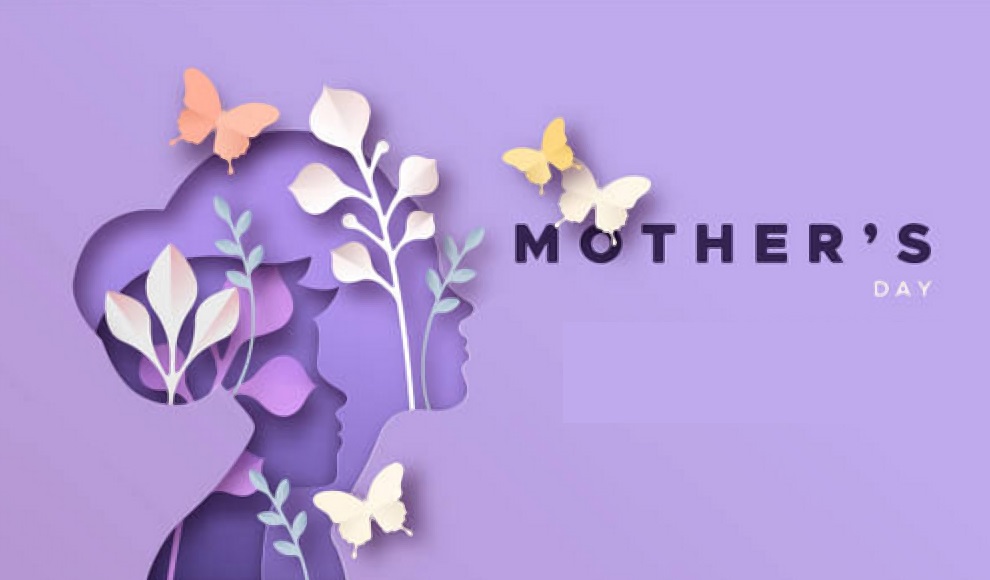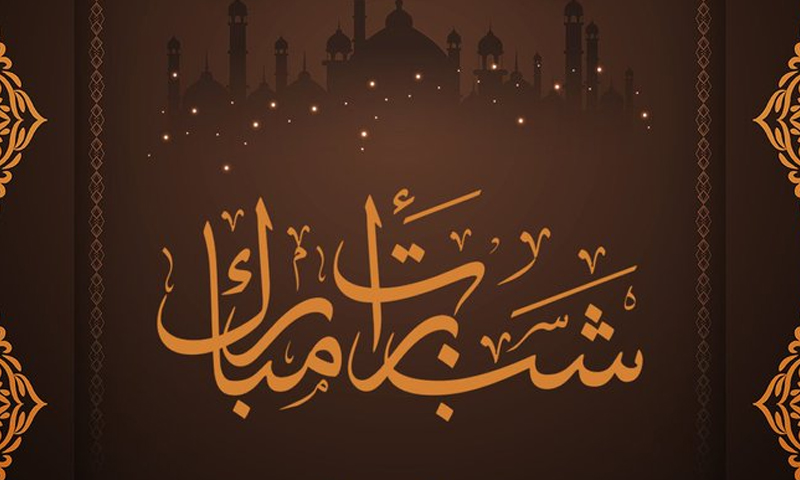- Web
- Feb 15, 2026
Honouring maternal figures worldwide: Exploring the history of Mother’s Day
-

- Web Desk
- May 11, 2024

WEB DESK: Mother’s Day is a worldwide celebration honoring maternal love, observed in nearly 40 countries on the second Sunday of May each year.
Mother’s Day stands as a testament to the enduring power of maternal love and the invaluable contributions of mothers, albeit with customs and dates that vary around the globe.
Read more: Animal Well: Step into a stunning and adorable world
Mother’s Day, as we know it today, originated in the United States (US) in the early 20th century, thanks to the tireless efforts of Anna Jarvis. Inspired by her mother’s activism during the American Civil War, Jarvis campaigned tirelessly to establish a dedicated day to honor mothers in the country.
By 1911, despite facing initial resistance, Mother’s Day had gained widespread recognition. This culminated in US President Woodrow Wilson’s official declaration of it as a national holiday in 1914. However, Jarvis would later express disappointment with the extreme commercialization of the day.
However, by the 1920s, there was a renewed focus on heartfelt gestures over material gifts.
While Mother’s Day in the US may have had commercial beginnings, its influence has extended far beyond borders, shaping observances in diverse ways globally. In the United Kingdom, traditions align with Christian customs, while Bolivia commemorates historic events where mothers bravely defended their children.
Yet, amidst this diversity, the simple act of honouring motherhood remains a constant thread. Across cultures, Mother’s Day festivities vary widely. In some societies, it’s deeply ingrained, with failure to acknowledge it seen as disrespectful to mothers.
Meanwhile, in other regions, it may be relatively obscure, celebrated casually by a few people buying a gift or cake for their mothers.
Religiously, Mother’s Day carries diverse significance. Within Christianity, it intertwines with reverence for Mary, while in Islam, religious teachings prioritise maternal love.
Meanwhile, Hinduism and Buddhism also have their own unique celebrations, reflecting the universal importance of motherhood in spiritual context.
The day is celebrated differently across the globe. For instance, in Australia, Mother’s Day is observed on the second Sunday of May. It has deep roots dating back to 1910. While initially marked by church services, the day has now evolved to include gift-giving traditions.
Meanwhile, in Pakistan, while lacking historical traditions, Mother’s Day has gained popularity influenced by the West. Falling on the second Sunday of May, Mother’s Day is marked with special media programs among other tributes. Mostly, the younger generations have increasingly embraced the occasion through social media messages and heartfelt tributes.
Read more: Yeehaw through London: The Great Horse Escape of 2024!1
The more religious segments prefer prayers and other spiritual ways of honoring their maternal figures. Educational institutes might also organize special programs to acknowledge maternal efforts.
Mother’s Day, with its rich history and customs, serves as a reminder of the universal importance of maternal love and their societal contributions. Across continents and cultures, it remains a cherished opportunity to honour and celebrate the irreplaceable role of mothers in our lives.




